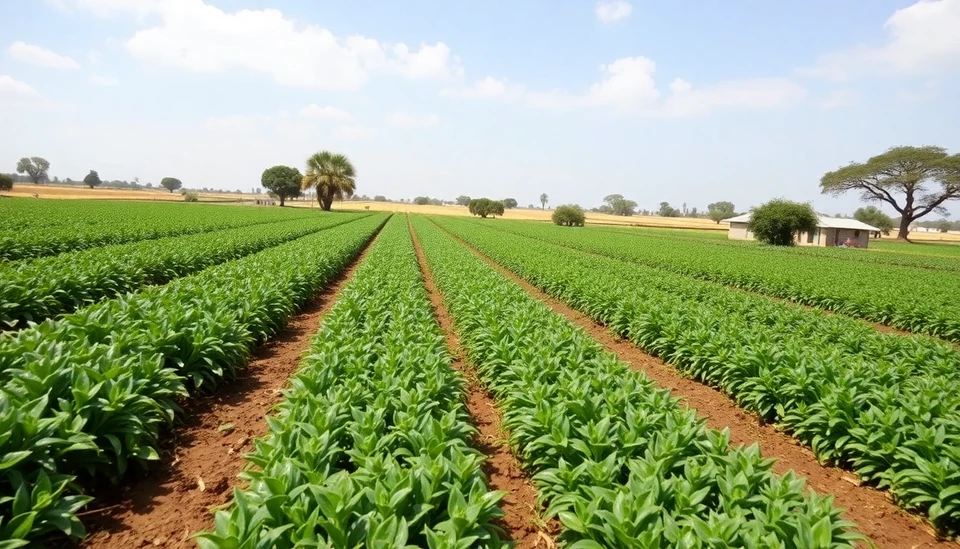
In a surprising turn of events, South Africa has reported a significant contraction in its economy, driven primarily by disappointing agricultural output. The latest gross domestic product (GDP) data has revealed a decline, raising concerns about the nation's economic stability and growth prospects moving forward.
The data, released recently, shows that South Africa's economy contracted by 0.4% in the third quarter of 2023, a stark contrast to previous projections that anticipated steady growth. This decline has been largely attributed to severe disruptions in the agricultural sector, which has struggled with climate-related challenges and supply chain issues. The farming industry's poor performance has had a ripple effect, impacting various sectors tied to agricultural production.
Experts have pointed out that the agricultural contraction is rooted in adverse weather conditions that have affected crop yields and livestock production. South Africa has faced a series of droughts and unseasonal rains that have not only hindered farming operations but also led to increased input costs and reduced exports. Consequently, this has resulted in a significant drop in agricultural contributions to GDP, leading to overall economic repercussions.
Analysts further warn that the ripple effects of this contraction could be felt across the economy, touching the lives of millions in a country where agriculture is a crucial source of income and employment. With many rural communities dependent on farming, the recent downturn raises issues of food security and livelihoods for those directly involved in the agricultural sector.
The South African Reserve Bank’s Monetary Policy Committee, which closely monitors these economic indicators, is now faced with a complex challenge. While inflation remains a concern, the economic downturn could force the committee to reconsider its stance on interest rates to nurture economic recovery.
Government officials have acknowledged the pressing need for immediate intervention to support the agriculture sector, including investment in sustainable farming practices and infrastructure improvements. These measures aim to mitigate the vulnerabilities exposed by recent climatic events and strengthen the industry’s resilience against future shocks.
Moving forward, there are increasing calls for diversification within South Africa’s economy to reduce reliance on agriculture and bolster other sectors that might offer opportunities for stability and growth. The recent data has served as a wakeup call, prompting discussions about the need for systemic changes in how the economy is structured and managed.
As South Africa navigates these turbulent economic waters, the implications of the GDP contraction will be closely watched by both domestic and international stakeholders. The response from the government, Central Bank, and agricultural leaders will be crucial in determining not only the recovery trajectory but also the long-term sustainability and growth potential of one of Africa’s most pivotal economies.
In conclusion, the unexpected contraction in South Africa's GDP serves as a stark reminder of the fragility of economic stability, particularly in a nation where agriculture plays such a vital role. The challenges ahead are considerable, but with the right policies and commitment to sustainable practices, South Africa may still chart a path toward recovery and resilience.
#SouthAfrica #GDP #Agriculture #EconomicNews #ClimateImpact #FoodSecurity #RuralEconomy #SustainableFarming #EconomicRecovery
Author: Rachel Greene




